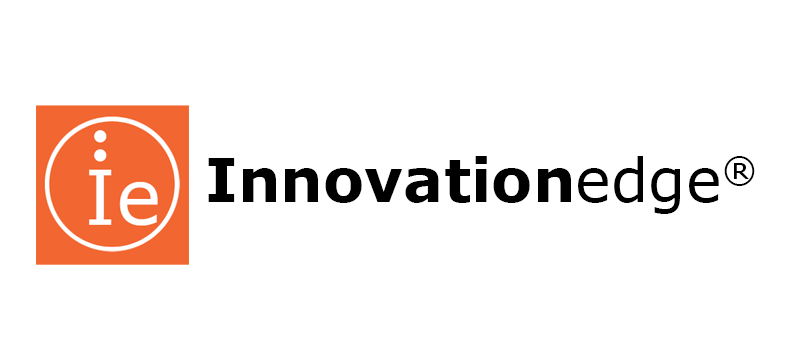 Today I am over at San Diego State University where I’m teaching executive MBA classes. Along with cities like Madison, Austin, Raleigh Durham and Boston, San Diego is a key player in a field that may be more of a hotbed for innovation than any other: biotechnology. Genetic engineering, genomics, and molecular drug development are just a few of the industry terms that we are all becoming familiar with.
Today I am over at San Diego State University where I’m teaching executive MBA classes. Along with cities like Madison, Austin, Raleigh Durham and Boston, San Diego is a key player in a field that may be more of a hotbed for innovation than any other: biotechnology. Genetic engineering, genomics, and molecular drug development are just a few of the industry terms that we are all becoming familiar with.
It’s an exciting environment here in San Diego. We’re anchored by research institutions and universities such the Salk Institute, Scripps Research Institute, University of California-San Diego, and hundreds of biotechnology firms, this could be the biological Silicon Valley for the 21st century.
 With unequaled potential, the industry is still trying to prove it’s financial viability. This is because of many factors, but mostly it’s because it is researching the unknown and results can’t be predicted.
With unequaled potential, the industry is still trying to prove it’s financial viability. This is because of many factors, but mostly it’s because it is researching the unknown and results can’t be predicted.
For example, in biopharmaceuticals, research for a new drug can take 10 years or more and cost more than $1 billion before any revenue is realized. On top of that it only takes one adverse study or regulation problem along the way to tip the scales between incredible income and huge losses.
Regardless, the risks are starting to pay off in general for this $90 billion industry. Ernst and Young reported last year that biotechnology companies in the U.S. were profitable for the first time. While these profits are still concentrated among the larger players, the trend is clearly heading in the right direction for the industry. And along with profits, biotech firms are generating jobs. In this recessionary time while private employment was dropping, the biopharmaceutical industry was able to grow at the modest rate of 1.4 percent.
Where are the opportunities and where will success in this industry lead? There are almost limitless possibilities. There are already many successful examples.
Viral treatments and innovative drugs are already responsible for cutting cancer and AIDS death rates dramatically. San Diego’s own Revision Therapeutics just announced that they have seen promising results from a recent clinical trial of a drug to treat macular degeneration, a leading cause of blindness in the elderly.
In the area of genomics, there is so much genetic data being generated that scientists aren’t sure what to do with it all. Using experimental research, computer modeling, and data mining techniques, opportunities to make connections in the data have the potential to provide explosive progress in a variety of health conditions. Innovations are envisioned to provide faster disease diagnosis and streamline the availability of new, more effective drugs for treatment.
Scientists and engineers at Massachusetts Institute of Technology’s Lincoln Laboratory are combining jellyfish DNA with mouse cells to create a novel sensor that can be targeted to glow in the presence of specific chemicals. This biological sensor can, in less than a couple of minutes, identify harmful bacteria or viruses in the air. Applications include detection of bioterrorism agents such as anthrax, smallpox or even plague. This technique might eventually be used in food processing plants to identify contaminants like E. coli or salmonella.
In agriculture, through genetic engineering, biotech is responsible for new, more resilient crops, or even new colors and scents of some of our favorite flowers. This technology has been commercially available for over a decade and during that short time already accounts for the majority of corn, cotton and soybeans grown in the U.S. Although it is critical that we better understand how this technology will affect the environment in the future, farmers are certainly seeing the benefits through better yields, lower production costs and fewer pest problems.
Whether we are talking about more plentiful and available food, better medicine, improved detection systems, or even prettier, long-lasting, better smelling flowers, biotechnology is an industry we are all cheering on for success.
